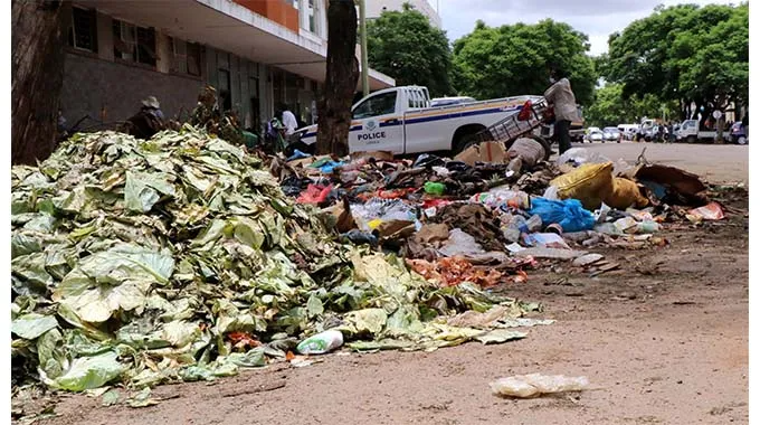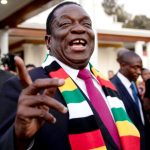The fact of the matter is that, after having been the best run city in the country from 1980 to 2000, Bulawayo has been run down over the last 23 years. There’s no need for rocket science to understand the source of the rot.
Yet Bulawayo was run very well by PF Zapu even in the gukurahundi years, and it continued to be run well after the 1987 Unity Accord between PF-Zapu and Zanu-PF.
But things fell apart in 2000 when the rot set in, took hold of the city and dragged it down to the doldrums of squalor where it is today.
Surely, by any normal reckoning, 23 years is long and enough.
It’s time for rethinking Bulawayo.
Serious consideration should be given to having Bulawayo follow the path of MatNorth and MatSouth whose votes are typically aligned not with Harare but with local community interests, like most parts of the country.
It’s time for Bulawayo to realise that voting for individuals with no collective capacity to develop the city or the metropolitan province is not in the community interest, and is at odds with the principles and objectives of devolution that are enshrined in the Constitution of Zimbabwe.
For 23 years, some people in Harare have decided and dictated who becomes Bulawayo’s mayor, who becomes a councillor and in which ward, and who becomes an MP and in which constituency. These people have been known to boast from Harare that they can deploy even a donkey to be a mayor in Bulawayo – well before an election – with assured success.
Already, and well before the 23 August 2023 harmonised general election and well before the sitting of the Nomination Courts on 21 June 2023, they say they have decided that Bulawayo’s next mayor will be a loquacious former MP who did nothing for the Bulawayo constituency they represented under the MDC, and who has never done anything for the city or Bulawayo metropolitan province.
After 23 years of a failed experiment of aligning its votes with Harare, it’s time for Bulawayo to be Bulawayo, again, like it was between 1980 and 2000, by going back to its local roots to align itself with the community and with region, as does most of the country, and let Harare be Harare!
(274 VIEWS)

